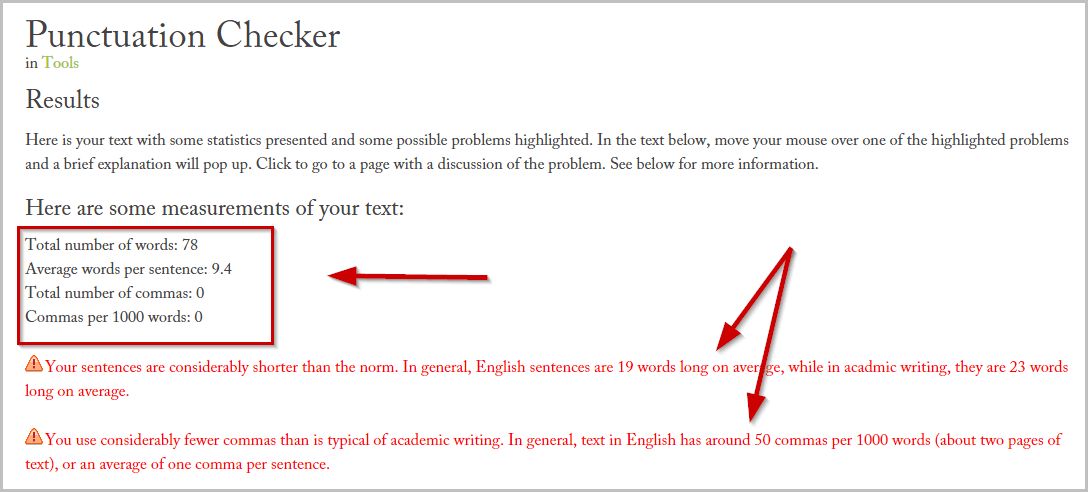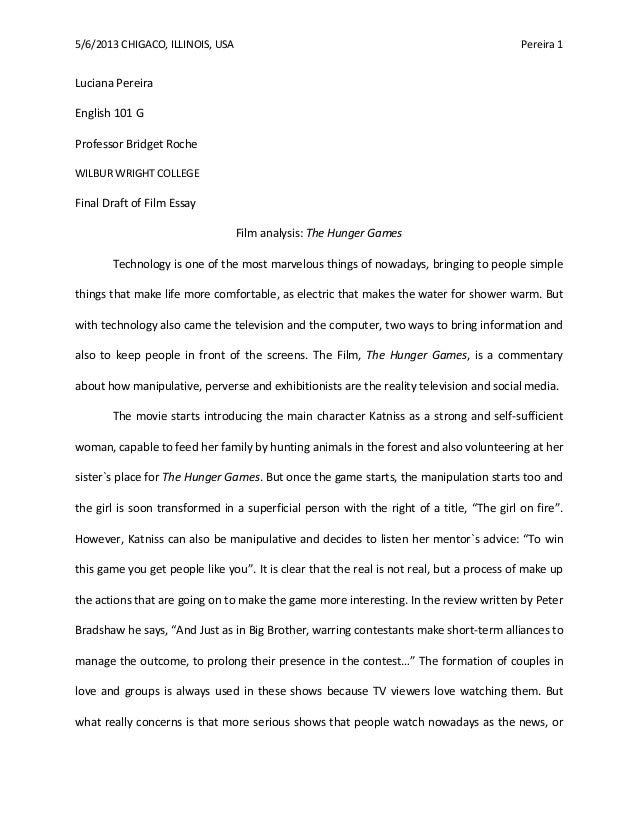Hugo Munsterberg (September 13, 1916 — February 16, 1995.
Hugo Munsterberg is one of the most influential persons when it comes to personnel psychology. He was a German-American psychologist. He contributed immensely to personnel psychology and in fact it is often argued that his books Vocation and learning (1912) and Psychology and Industrial Efficiency (1913) are referred to as the mother of personnel psychology. According to him the most pressing.
Munsterberg, Hugo was born on September 13, 1916 in Berlin, Germany. Son of Oskar and Helen (Rice) Munsterberg. came to the United States, 1935, naturalized, 1941. Education Bachelor of Arts, Harvard, 1938; Doctor of Philosophy, Harvard, 1941. Career Assistant professor fine arts, Michigan State University, 1946-1949; associate professor, Michigan State University, 1949-1952; professor art.

There were earlier developments dating back to 1883 when F.W.Taylor developed his scientific management philosophy and the publication in 1903 by Walter Dill Scott informing business leaders about the applicability of psychology to advertising. In 1911 Hugo Munsterberg, nicknamed “the father of industrial psychology” (McCarthy, 2002).

Dissertation and Essay Samples: Human Resource Management and Motivation: A Case on GSV Group. Hugo Munsterberg, Chester Barnard and Elton Mayo are considered to be pioneers of HRM. Robert Owne raised his voice for child labor law, regulated working hours and public education. Hugo Munsterberg (1931) in his work “Work Psychology and Industrial Efficiency” studies human behavior and mind.

Hugo Munsterberg created the field of industrial psychology-the scientific study of individuals at work to maximize their productivity and adjustment. 3. Mary Parker Follett was a social philosopher who thought the manager’s job was to harmonize and coordinate group efforts. 4.

In 1916 Hugo Munsterberg, a psychologist, applied his field of study to understanding film and provided an analysis that is still useful today (Lopate 10). Continuing this tradition, the modern field of cognitive science has caught on in both.
One of Hugo Munsterberg's students, William Marston, created the polygraph test in 1917, a machine designed to determine if a person is lying, based on their physiological response, resulting from.

You can read Munsterberg’s APA Presidential Address. Shown below is a dissertation acceptance statement signed by Hugo Munsterberg in 1895. From the Harvard University Archives. The Hawethorne Works (in the public domain per Wikipedia) The Hawthorne Studies were conducted in the 1920s by Elton Mayo and Fritz Roethlisberger.

Hugo Munsterberg, like Titchener obtained his Ph.D. under Wundt in 1882. He directed the lab in Freiburg (Swirtzerland). Initially the lab occupied two rooms of his house. In 1892, he was actively recruited by William James (theories of emotion) to direct the Psychology lab at Harvard University and wrote American Traits in 1902.

German psychologist Hugo Munsterberg is considered to truly start the criminal psychology, his works from 19th-20th centuries still are very useful for psychologists. Since early 20th century criminal psychologists role in the whole process of fighting criminal has been increasing rapidly and nowadays their work is highly appreciated in every developed country of the world. What does a.

Mary Whiton Calkins was the first American woman to complete the requirements for a Ph.D. in psychology. As a student at Harvard, she was considered brilliant by no less than the great American psychologists William James and Hugo Munsterberg. She successfully completed all of her course work and her doctoral dissertation and had a distinguished career as a teacher and researcher. She was the.

Hugo Munsterberg, being a researcher and working at Harvard University, examined memory, attention, and perception. Despite the fact that Munsterberg was a brilliant experimenter and researcher, he was irresistibly attracted to the empirical side of psychology, the application of psychological knowledge in practice. Moreover, Hergenhahn (2000) said that in the period from 1905 to 1916, he did.

In research and theories forensic psychology was first applied by a German-American psychologist, Hugo Munsterberg. His research is extended to, fake confessions, the role of hypnosis in court and memory of witness. The most significant and influential theories in the field of forensic psychology are: Rational Choice Theory (Glasser, 2010), Theory of Personality and Crime (Eysenck, 1970.



